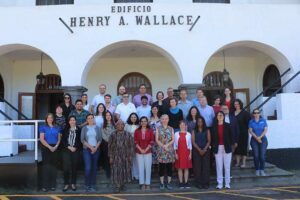Guatemala implements essential project to comply with transparency commitments under the Paris Agreement
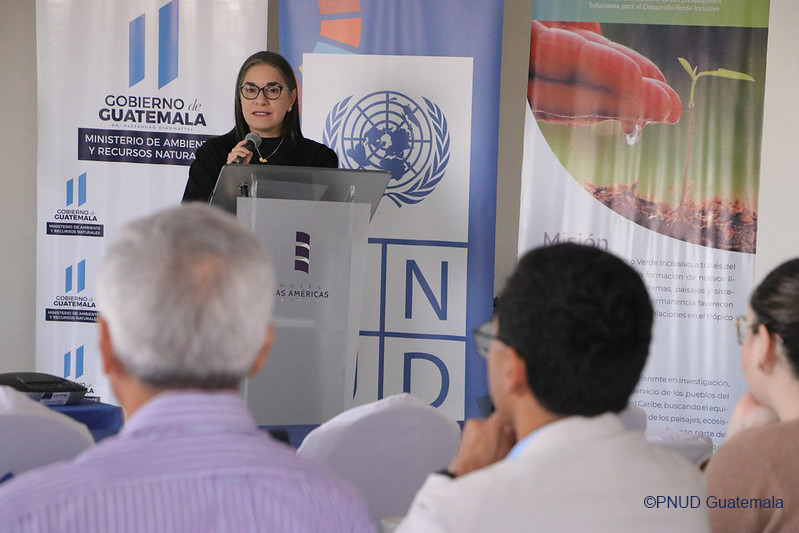
- The project "Strengthening the Transparency Framework Through the Creation of National Capabilities to Implement the Paris Agreement in Guatemala" (CBIT) was presented to stakeholders on August 9th
August 9, 2023. With the objective of introducing the project "Strengthening the Transparency Framework Through the Creation of National Capabilities to Implement the Paris Agreement in Guatemala" (CBIT) to public, private, academic institutions and international cooperation, a workshop was conducted to familiarize key interested parties with the project's strategy, and share the team's functions and responsibilities, including reporting and communication lines, collaboration strategies with parties, and conflict resolution mechanisms.
The four-year-long CBIT project will strive to assist the country in implementing a Monitoring, Reporting, and Verification (MRV) system in Guatemala. This will enable the nation to monitor the implementation of its Nationally Determined Contributions (NDC) and comply with the requirements of Article 13 of the Paris Agreement, ensuring that the NDC and climate change actions are properly tracked. This, in turn, contributes to strategic decision-making to boost programs, projects, and policies that help achieve the commitments made under the Paris Agreement.
The Tropical Agricultural Research and Higher Education Center (CATIE) is the institution responsible for executing the CBIT project, with financial support from the Global Environment Facility (GEF), administered by the United Nations Development Program (UNDP), and led by the Ministry of Environment and Natural Resources (MARN).
The workshop was attended by institutions such as MARN, UNDP, CATIE, the Ministry of Agriculture, Livestock and Food (MAGA), Central American Brewery, Utz Che´ Association, Rainforest Alliance, Guatemalan Confederation of Cooperative Federations (Confecoop), Chamber of Agriculture, National Coffee Association (Anacafé), Ministry of Public Finance (MINFIN), Ministry of Energy and Mines (MEM), GIZ with the ADAPTATE project, National Institute of Forests (INAB), Geotechnological of Central America, and the Secretariat of Planning and Programming of the Presidency (SEGEPLAN).
Marco Vinicio Ochoa, Deputy Minister of Natural Resources and Climate Change of MARN; and Ana María Díaz, resident representative of UNDP in Guatemala, were in charge of the workshop's inauguration and expressed their pleasure in having initiated the CBIT project. With it, Guatemala will be able to improve the quality of Greenhouse Gas (GHG) inventories, enhance the quality of its reports, monitor actions contemplated in the NDC with greater accuracy, and more effectively link support to national policy priorities on climate change.
The CBIT project will develop initial activities, among others, such as establishing inter-institutional cooperation agreements, identifying gaps and improvements in prioritized sectors, namely agriculture and industrial processes. Additionally, it will work on supporting the full and effective participation of indigenous peoples' organizations and women in sectoral technical tables, as well as implementing monitoring and evaluation of results.
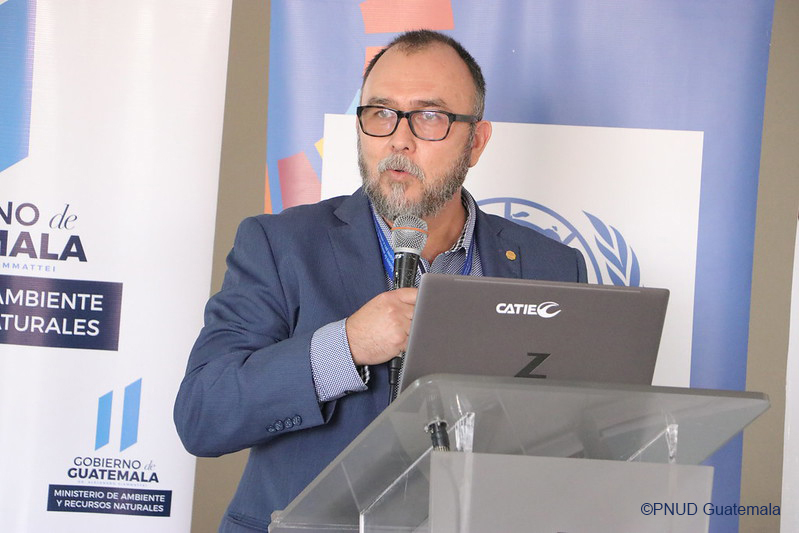
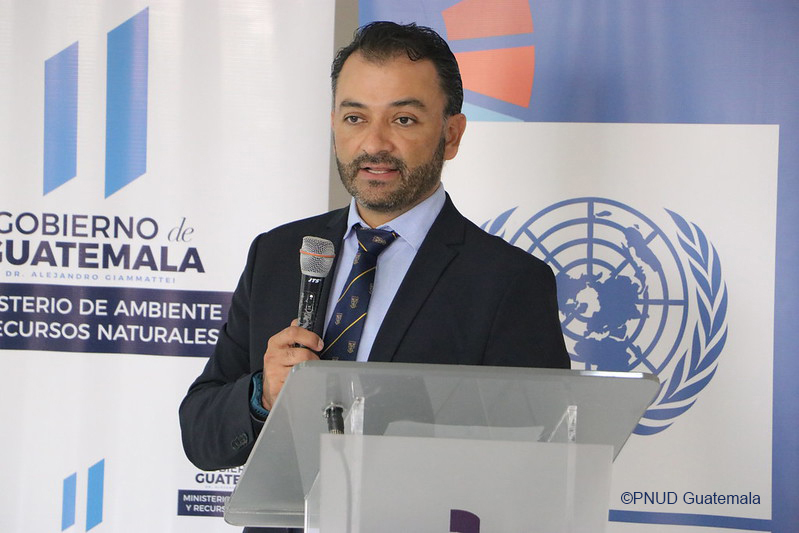
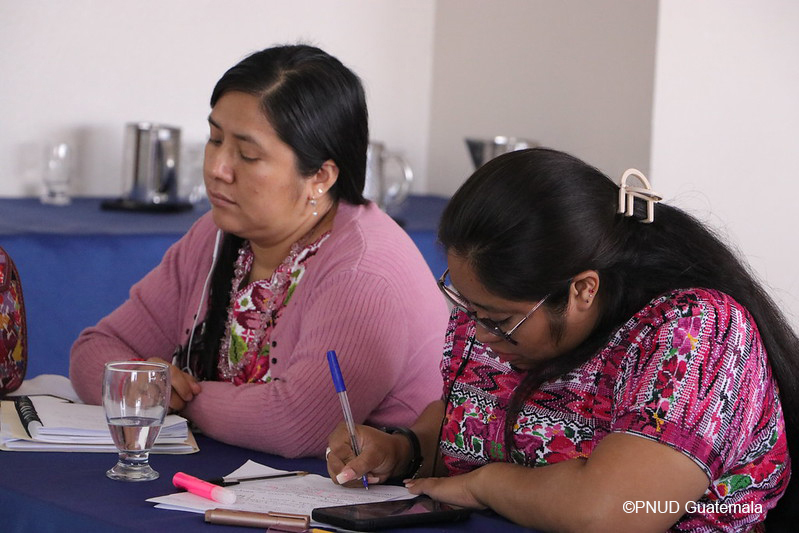
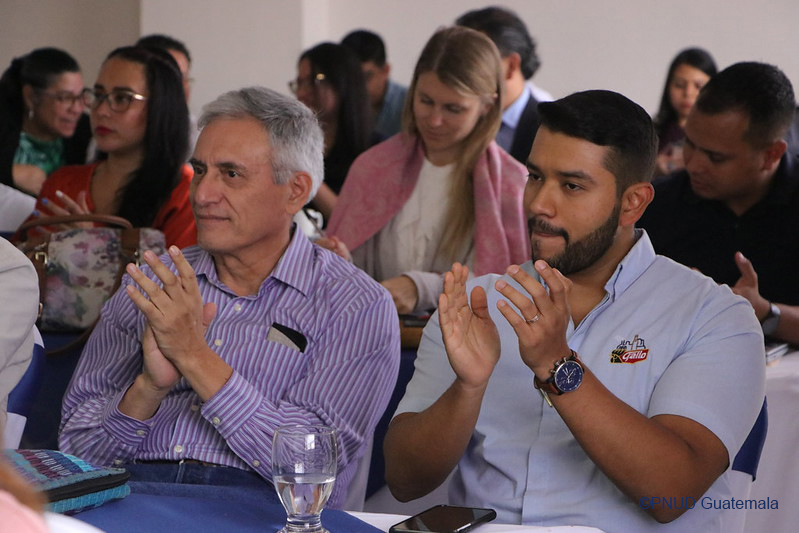
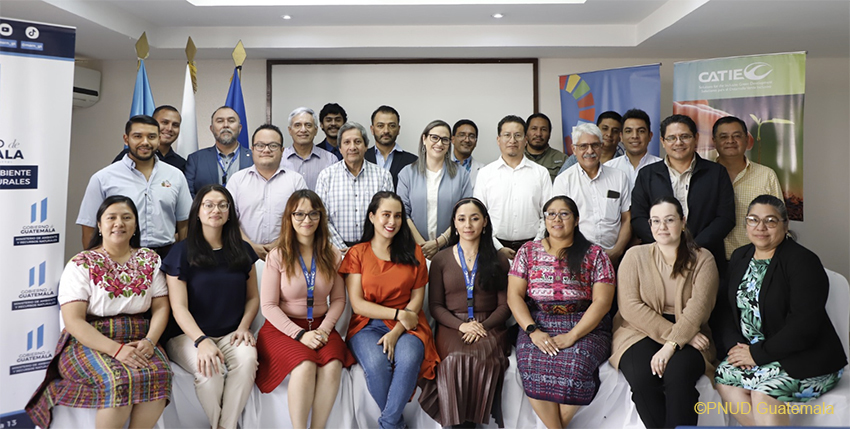
More information:
Julio López Payés
CATIE representative in Guatemala
jlopez@catie.ac.cr
Written by:
Karla Salazar Leiva
Communicator
Communications and Marketing Office
CATIE
karla.salazar@catie.ac.cr


